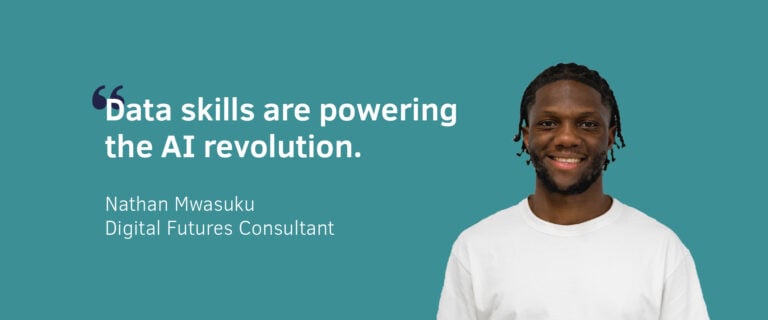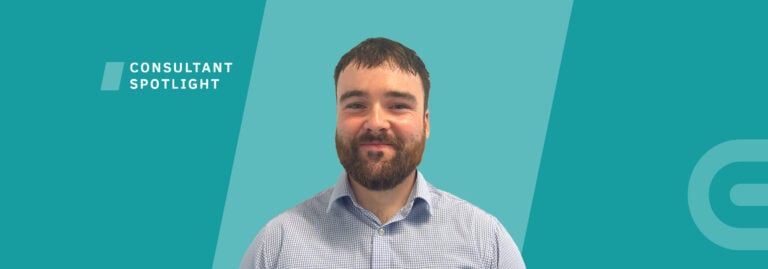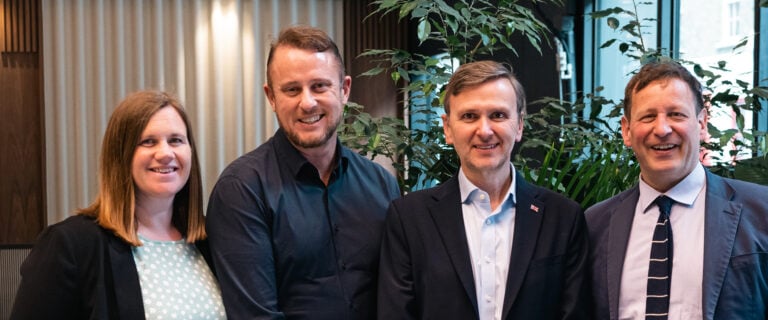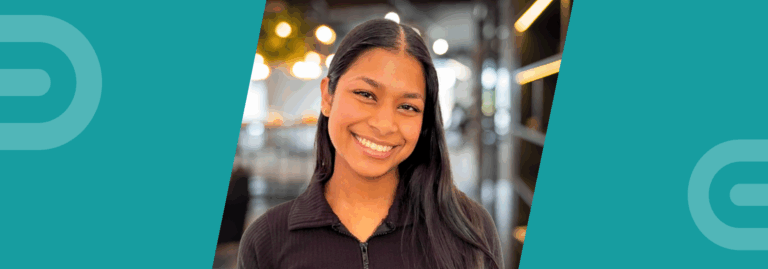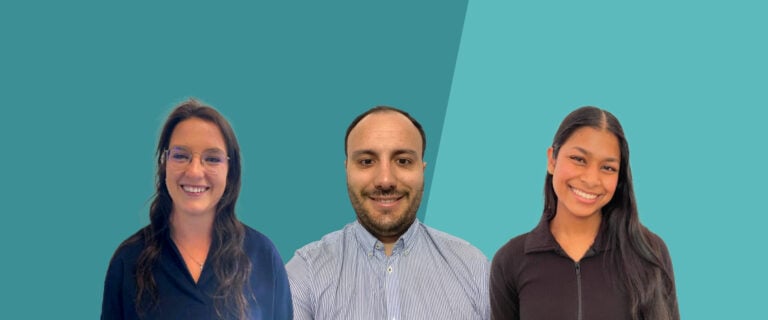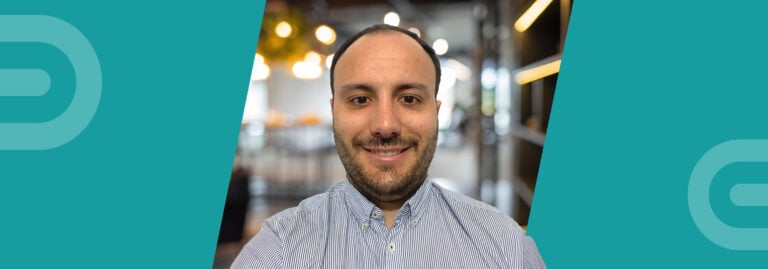When approaching the design of our application and assessment process, it was crucial that it reflected the broader purpose of Digital Futures. We believe that talent is distributed equally, but opportunity is not. Our recruitment process had to be correlated with our desire to drive inclusivity in technology and create opportunities for those who have been historically overlooked.
Organisations who have relied on traditional graduate hiring programmes to attract the best and brightest are now paying the price for an over reliance on automated selection criteria and a poor application experience. Traditional graduate recruitment models, especially those driven by selection algorithms, are failing to attract and deliver those from minority or ethnic backgrounds. These companies are being starved of the very talent they require to change their corporate fabric and better reflect the customers they serve, and society.
At Digital Futures, we are removing the inherent biases that exist around background and education in job applications – our applications are open to everyone that has the right to work in the UK. Every eligible candidate is given the chance to complete our initial assessments because at Digital Futures, we are interested in a candidate’s aptitude, ambition, commitment, and curiosity – attributes that are fundamentally unrelated to someone’s background or education. We recognise that a basic intelligence test does not equate to someone’s ability to learn new skills or their ability to succeed in our Academy.
Our process is inherently human and personal – the outcome of an application will not be decided by an algorithm but by our dedicated team who will also be communicating regularly with applicants. Consequently, there is very little early-stage filtering – we want to get to know our applicants and equally, we want them to get to know us. At interview stage, the aim of the game is that both sides leave having got to know each other better – whilst 50% of the time we will put questions to the candidate, the other 50% of the interview is dedicated to our candidates putting their questions to us.
We believe that great technologists can come from anywhere. By removing the traditional biases from a graduate recruitment process we are able to give everyone a chance to show their potential. It has been a privilege to engage with these incredibly talented individuals who are craving an opportunity to show their potential, but have been filtered out of numerous graduate application processes. This has created huge excitement internally at Digital Futures and we are very motivated to succeed in our mission to improve diversity in tech and leave our mark on the future talent pipeline across the UK.


